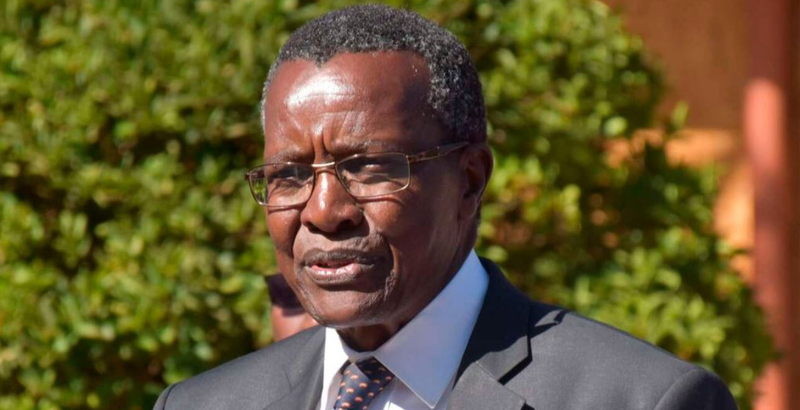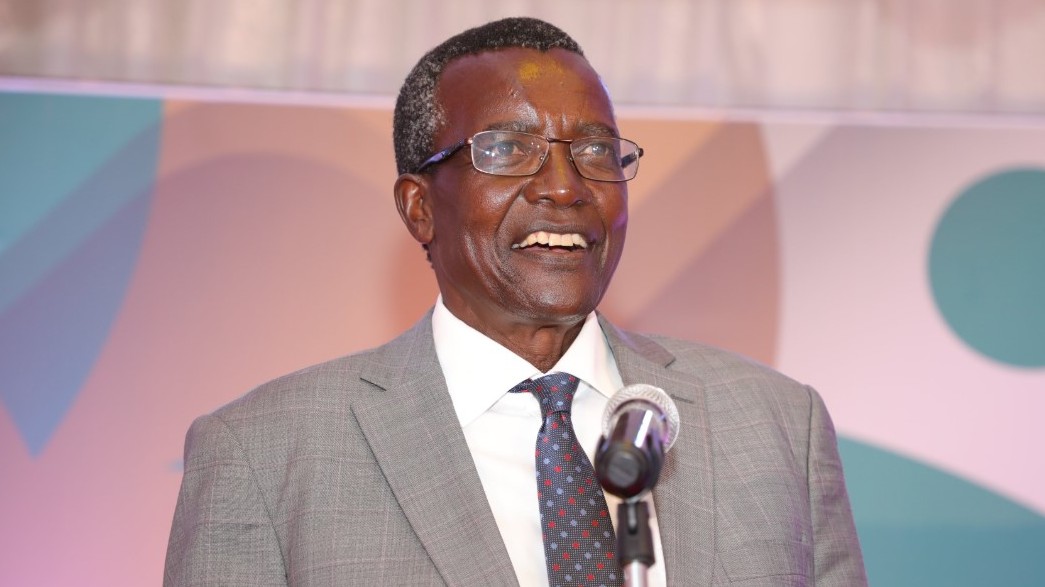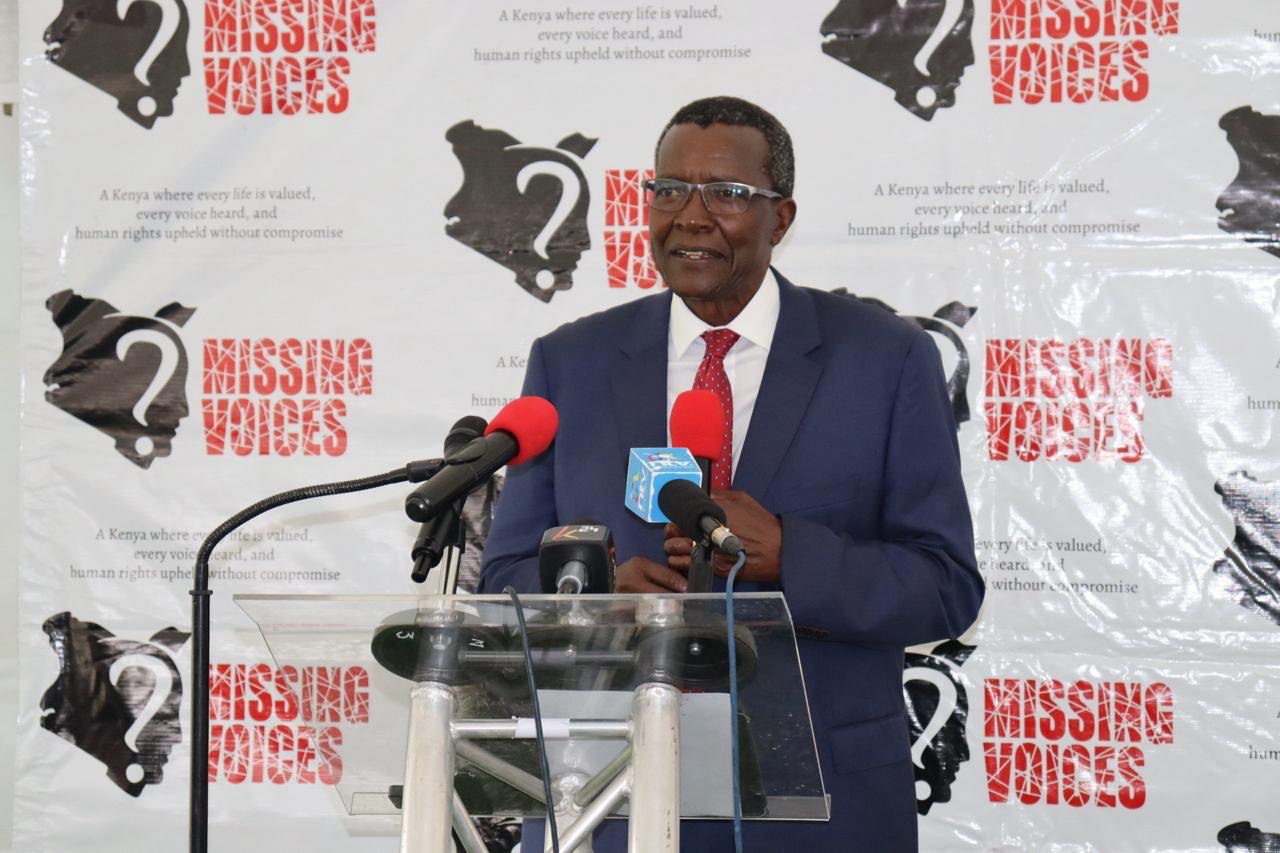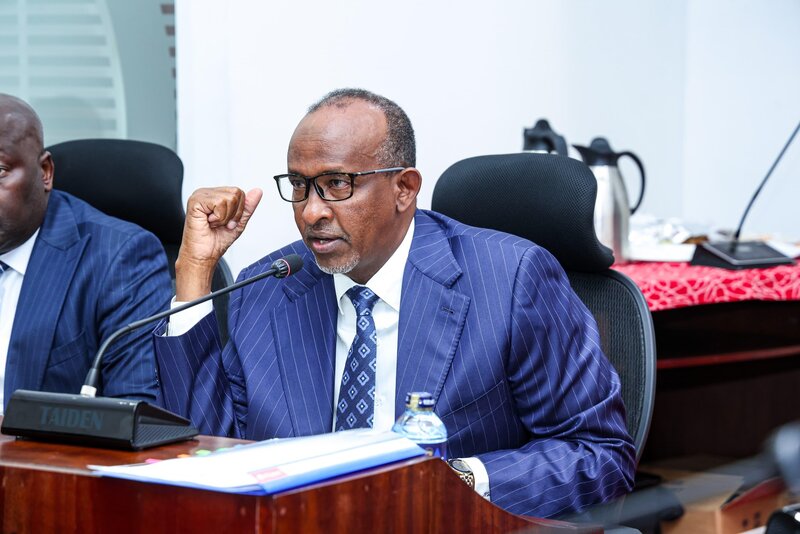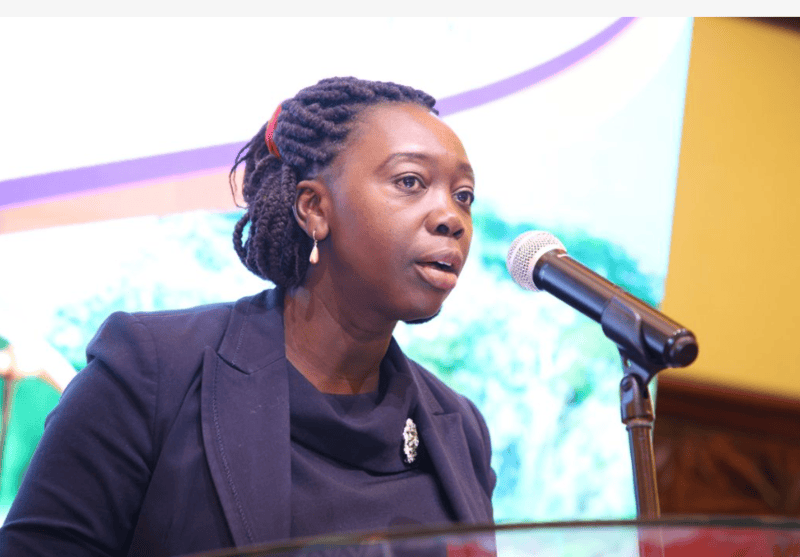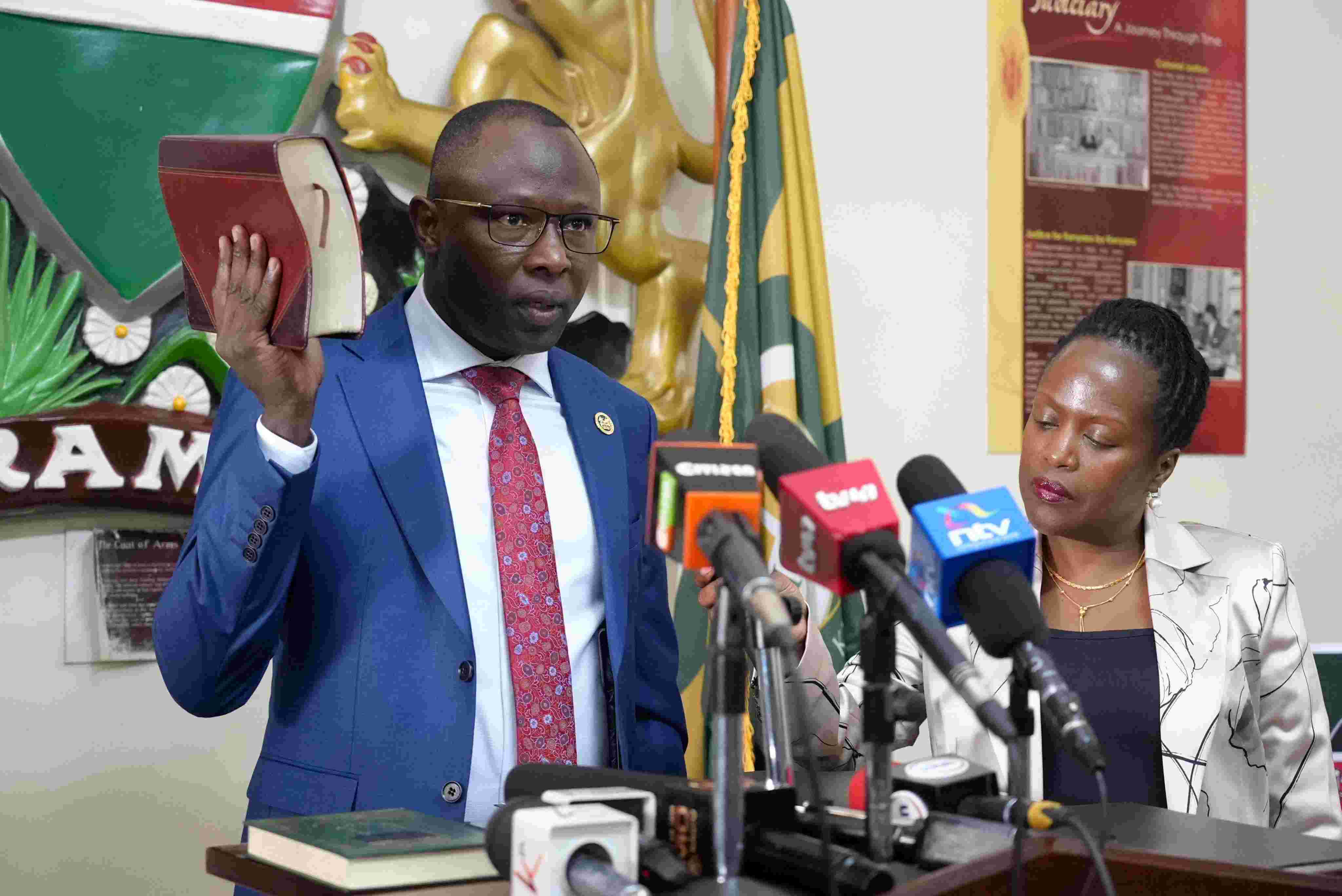Civil servants to sign daily attendance registers, CS Geoffrey Ruku declares

According to Public Service Cabinet Secretary Geoffrey Ruku, the reforms are necessary to revive the public service work culture and restore discipline in state offices.
Civil servants will soon be required to sign daily attendance registers as the government tightens the monitoring of punctuality and attendance in public offices.
Speaking on Tuesday during an impromptu inspection at the Nyeri Regional Headquarters, Public Service Cabinet Secretary Geoffrey Ruku said the registers will form part of strict reforms targeting absenteeism and poor work ethic in public offices.
More To Read
- Chief Justice Martha Koome, CSs unveil appointees across state agencies
- 10 dead, 29 injured and two abducted as Saba Saba protests rock 17 counties - KNCHR
- Monday is not a public holiday! Civil servants ordered to report to work despite Saba Saba protests
- CS Geoffrey Ruku makes impromptu visit to Rift Valley Regional Offices, locks out hundreds of staff
- Public Service CS Ruku leads aid effort in Kibra, pledges full implementation of disaster plan
- Govt to slash civil servants’ hardship allowances in policy overhaul, saving Sh6bn annually
“Going forward, we want to engage all supervisors across all levels of administration and introduce an attendance register to ensure every employee has a clearly defined schedule of duties,” Ruku said.
The CS said the reforms will also involve strict enforcement of performance appraisal systems alongside a baseline survey to assess employee satisfaction across all ministries, departments, and agencies (MDAs).
“We will also ensure that each employee adheres to our performance and appraisal systems. We will also carry out a baseline survey to ascertain the satisfaction level of all the employees in all MDAs,” he said.
Ruku warned that civil servants reporting late or failing to show up for work without explanation will now be classified as ghost workers and subjected to disciplinary action.
“All absentees and latecomers in the public service will be treated as ghost workers,” he said, emphasising that such conduct undermines the dignity and efficiency of service delivery to the public.
He noted that human resource officers stationed in government offices countrywide will be tasked with strictly enforcing these measures.
“The Ministry of Public Service, Human Capital Development and Special Programmes, through the human resource officers deployed across all public offices, will be taking the necessary steps to strictly enforce the policies and procedures guiding public service providers across the country, under the findings from the visits,” he added.
According to Ruku, the reforms are necessary to revive the public service work culture and restore discipline in state offices.
“There is a need to bring back the public service working culture under the prevailing conditions to enhance service delivery to Kenyans,” he said.
The CS raised concern that many Kenyans seeking services from government offices are forced to wait outside locked offices as public servants report late.
“Many Kenyans seeking government services arrive early, only to find offices closed or staff missing,” he said.
During his inspection in Nyeri, Ruku disclosed that while the Teachers Service Commission (TSC) and Huduma Centre had staff attendance rates of 100 and 98 per cent, respectively, by 8:00 am, most other government departments recorded less than 50 per cent staff presence at their workstations at the official reporting time.
According to the 2016 Public Service Human Resource Policies and Procedures Manual, civil servants are required to work 40 hours per week, typically from 8:00 am to 1:00 pm, and from 2:30 pm to 5:30 pm in most regions, with reporting times slightly earlier in Mombasa and northern counties.
Ruku said his ministry will enforce compliance across all government offices based on the outcomes of ongoing field inspections.
“The Ministry of Public Service, Human Capital Development and Special Programmes will take necessary measures to enforce compliance, guided by the outcomes of these field inspections,” he said.
The CS further warned that civil servants who fail to comply with attendance requirements will face disciplinary action, including legal consequences for gross misconduct, as the government steps up efforts to eliminate ghost workers and rebuild public trust in state institutions.
In addition, Ruku said the government is working to reform recruitment processes in public service, assuring that future hiring will strictly adhere to merit.
“Employment in the public sector has been tainted because some people are not getting jobs based on merit, but because of connections. This is set to change in the coming days,” he said.
He noted that the ministry is already putting in place measures to ensure that meritocracy becomes the standard for employment in government.
Top Stories Today
